This month's display looks a little bit different as the music library is currently under renovation and we do not have our usual display spot available. However, we still wanted to highlight our materials in honour of Indigenous Peoples Month and National Indigenous Peoples Day (June 21). This month we will be creating the display right here in this blogpost. Scroll down to find a snapshot of our collection that features Indigenous theory, movements, and music.
Due to the unique nature of this exhibit, we have emphasized more online sources than we typically do, along with those from our physical collection.
The first area we’re going to highlight is music theory and education. This is work that relates to new approaches to music pedagogy and strategies for bringing Indigenous voices into education spaces.
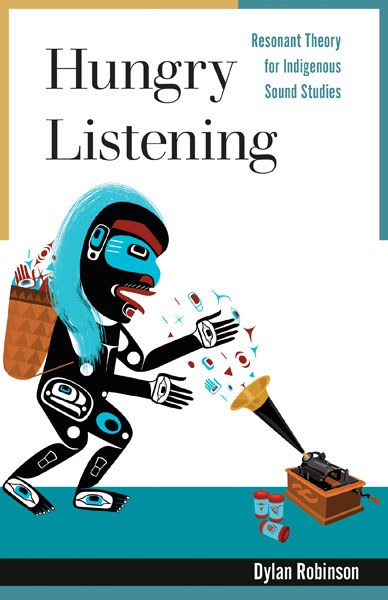 In Hungry listening: resonant theory for Indigenous sound studies, Robinson argues that there is a need for new modes of listening and studying that do not support settler state power.
In Hungry listening: resonant theory for Indigenous sound studies, Robinson argues that there is a need for new modes of listening and studying that do not support settler state power.
Listening with ‘Big Ears’: Accountability in cross-cultural music education research with Indigenous partners proposes a possibly way for non-Indigenous researchers to enhance Indigenous research methodologies.
Decolonizing and Indigenizing post-secondary music teacher education through teachings of the Grandmother Drum: Investigating in-service music educators’ application of Indigenous knowledge focuses on ways that Indigenous knowledge can be embedded in postsecondary music education.
Engaging Indigenous Voices in the Academy: Indigenizing Music in Canadian Universities asks Indigenous musicians what their experience was like in higher music education and what Indigenization might look like in that space.
Striving for Harmony: The Relationality of Music, Restorative Justice, and Indigenous Education emphasizes restorative justice in music pedagogy across education levels.
Next, we are highlighting books about popular Indigenous music. Many works in our collection feature Indigenous hip hop.
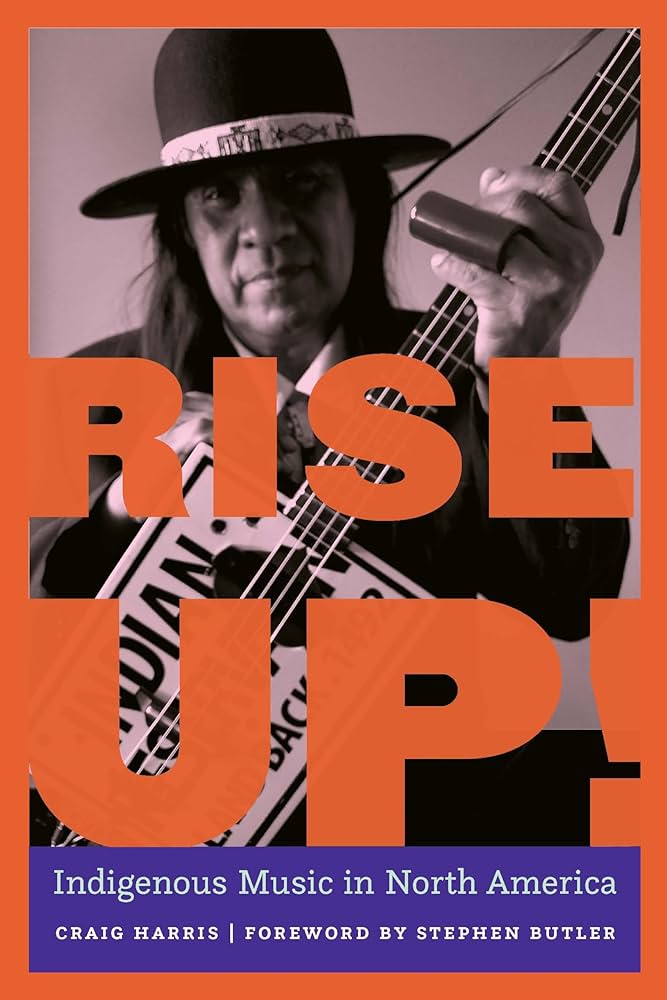 Rise up!: Indigenous music in North America interviews Indigenous musicians across genre and their experiences writing music.
Rise up!: Indigenous music in North America interviews Indigenous musicians across genre and their experiences writing music.
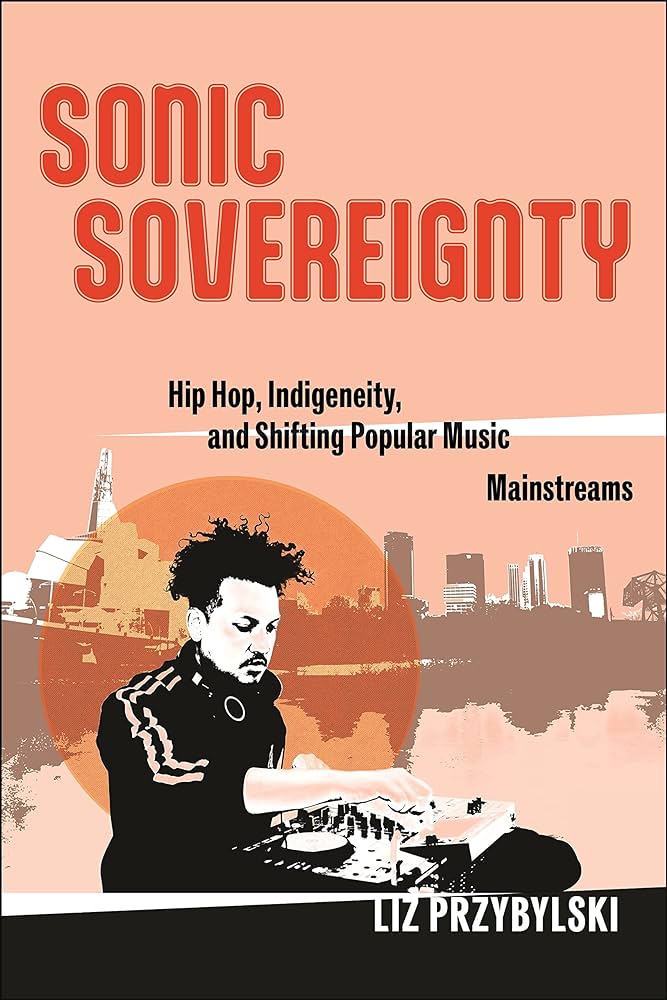 Sonic sovereignty: Hip hop, Indigeneity, and shifting popular music mainstreams offers a novel approach to listening that crosses time and vantage point.
Sonic sovereignty: Hip hop, Indigeneity, and shifting popular music mainstreams offers a novel approach to listening that crosses time and vantage point.
Hip hop beats, indigenous rhymes: modernity and hip hop in indigenous North America studies the ways that Indigenous experiences have blended with hip hop culture.
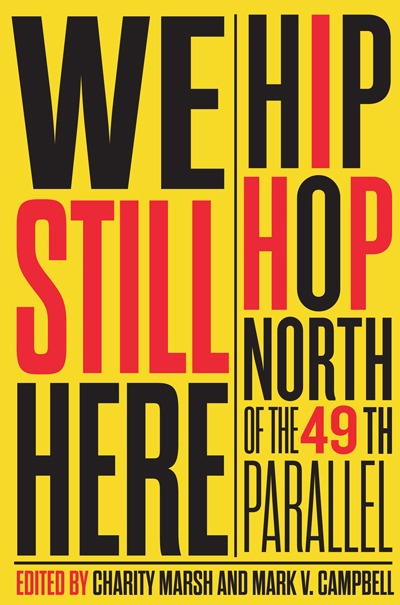 We still here: Hip hop north of the 49th parallel investigates a similar case, more broadly looking at the many perspectives of hip hop music on Black and Indigenous culture.
We still here: Hip hop north of the 49th parallel investigates a similar case, more broadly looking at the many perspectives of hip hop music on Black and Indigenous culture.
Playing for keeps: improvisation in the aftermath investigates the possibilities of improvisatory performances across the globe. Recommended chapter: experimental and improvised Norths: the sonic geographies of Tana Tagaq’s collaborations with Derek Clarke and the Kronos Quarter.
We next have books that highlight Indigenous social justice movements that have utilized music.
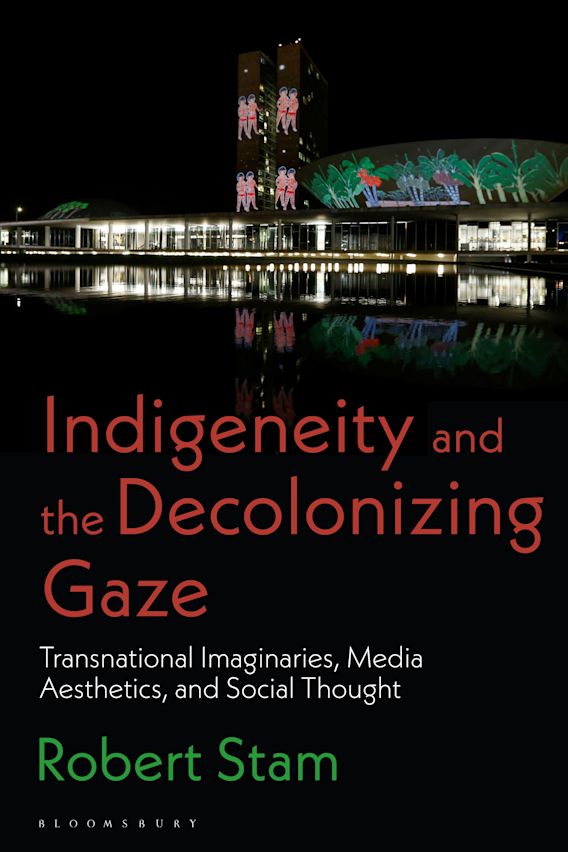 Indigeneity and the decolonizing gaze: Transnational imaginaries, media aesthetics, and social thought looks at broader Indigenous artistic movements around the globe, including in Canada. Recommended chapter: "The Transnational 'Indian'."
Indigeneity and the decolonizing gaze: Transnational imaginaries, media aesthetics, and social thought looks at broader Indigenous artistic movements around the globe, including in Canada. Recommended chapter: "The Transnational 'Indian'."
'People have courage!': Protest Music and Indigenous Movements focuses in specifically to Indigenous protest movements in North America and their use of music in those movements.
At the crossroads of music and social justice is a collection of essays on the many intersections of music and social justice. Recommended chapter: "Reclaiming Nanook of the North, Tanya Tagaq’s Sonic and Performative Counterpoints to Inuit Stereotypes."
Music and modernity among first peoples of North America essays centre technology, self-representation, activism, and musical exchange.
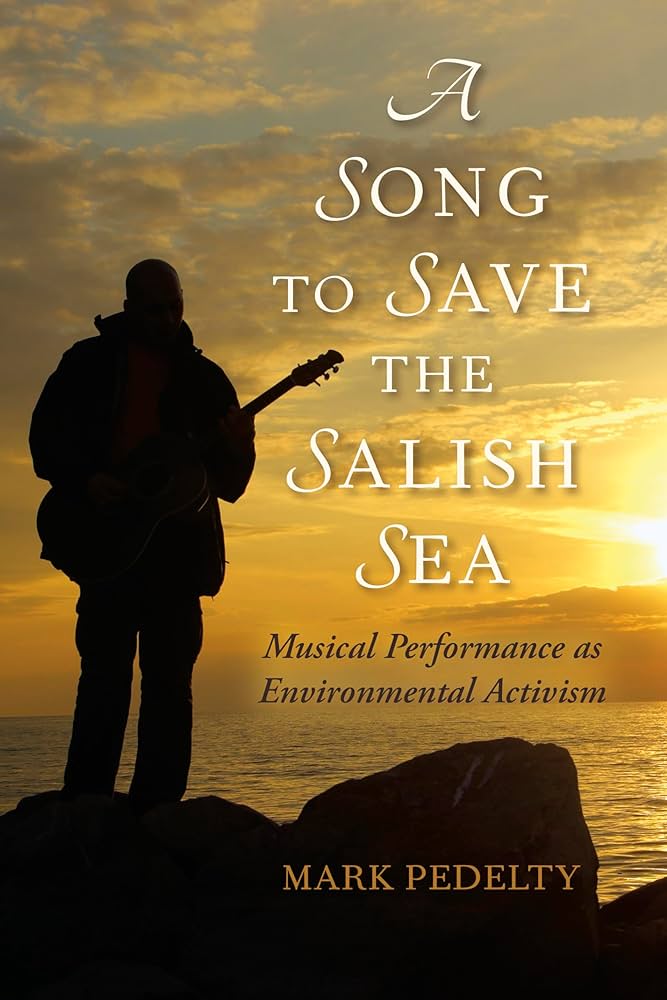 A song to save the Salish Sea specifically looks at the role of art in environmental activism. It was previously featured in our Earth Day display.
A song to save the Salish Sea specifically looks at the role of art in environmental activism. It was previously featured in our Earth Day display.
Finally, we have featured some Indigenous composers and musicians from our collection.
Scores
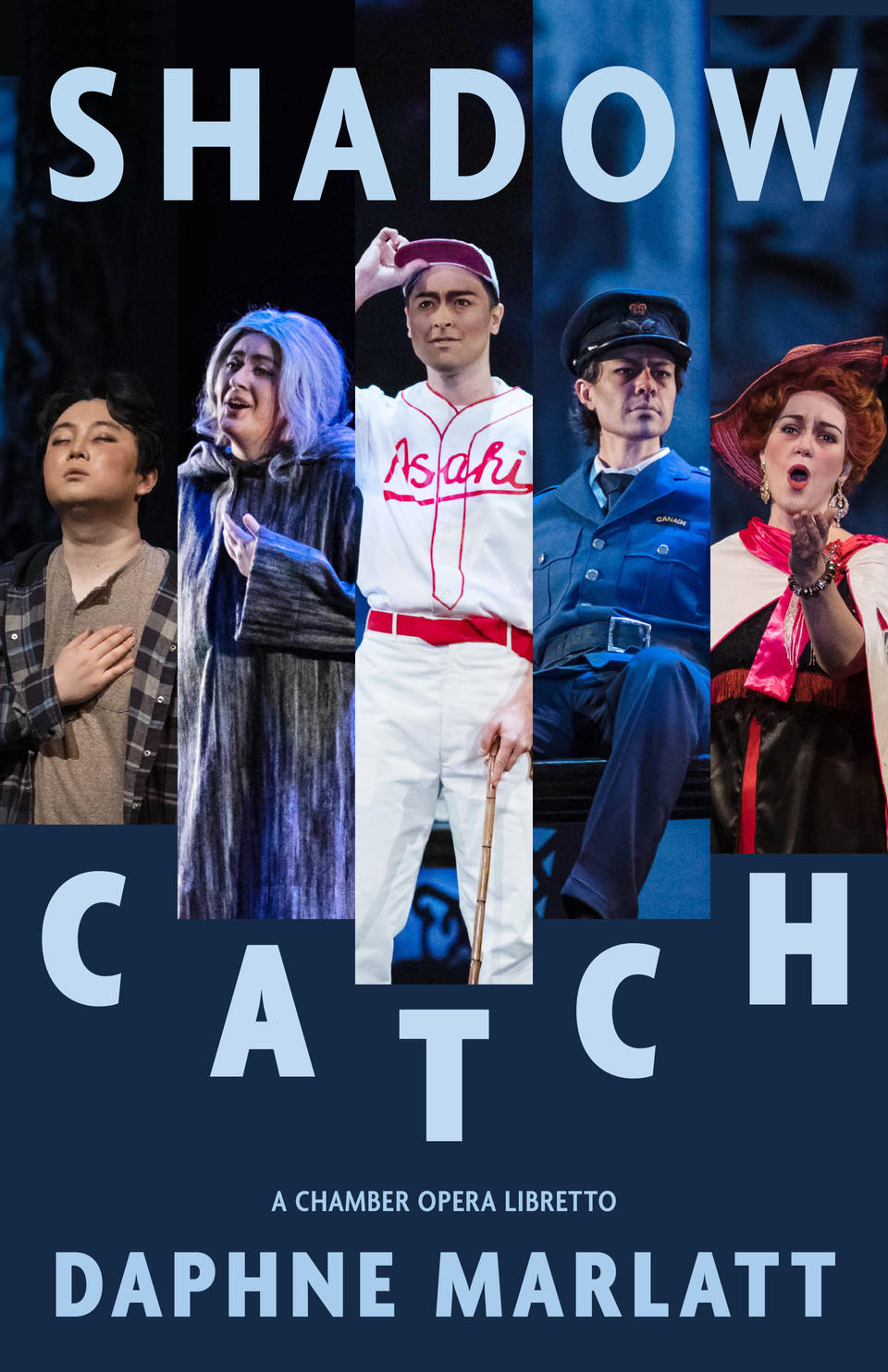 Overheard Songs and For Zitkála-Šá by Raven Chacon
Overheard Songs and For Zitkála-Šá by Raven Chacon
Shadow catch: a chamber opera libretto by Daphne Marlatt
Singing for water : for three layered choruses performed solo or in any combination with piano, shaker, and recorder by Brent Michael Davids
CDs
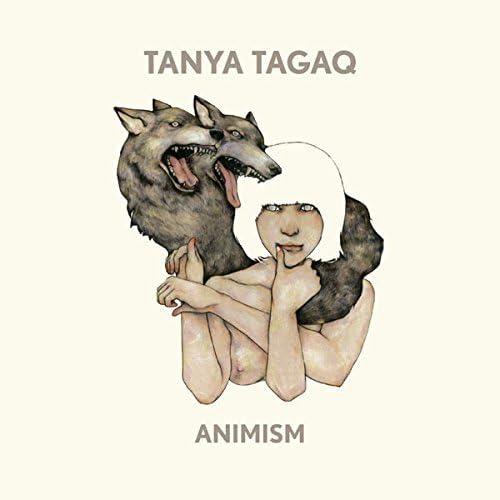 Inuit choral music by Mary Piercy-Lewis, performed by Inuksuk Drum Dancers
Inuit choral music by Mary Piercy-Lewis, performed by Inuksuk Drum Dancers
Firebrand chamber music by Thomas Patrick Carrabré
Ninikamawinan Songs of our people performed by Iskwew Singers
The clearing by Ohwihsha
Trapline by Snotty Nose Rez Kids Music
Animism by Tanya Tagaq
Thank you for coming along with us this month! We hope you liked this different format for our display. If you have any suggestions for future displays, please reach out.